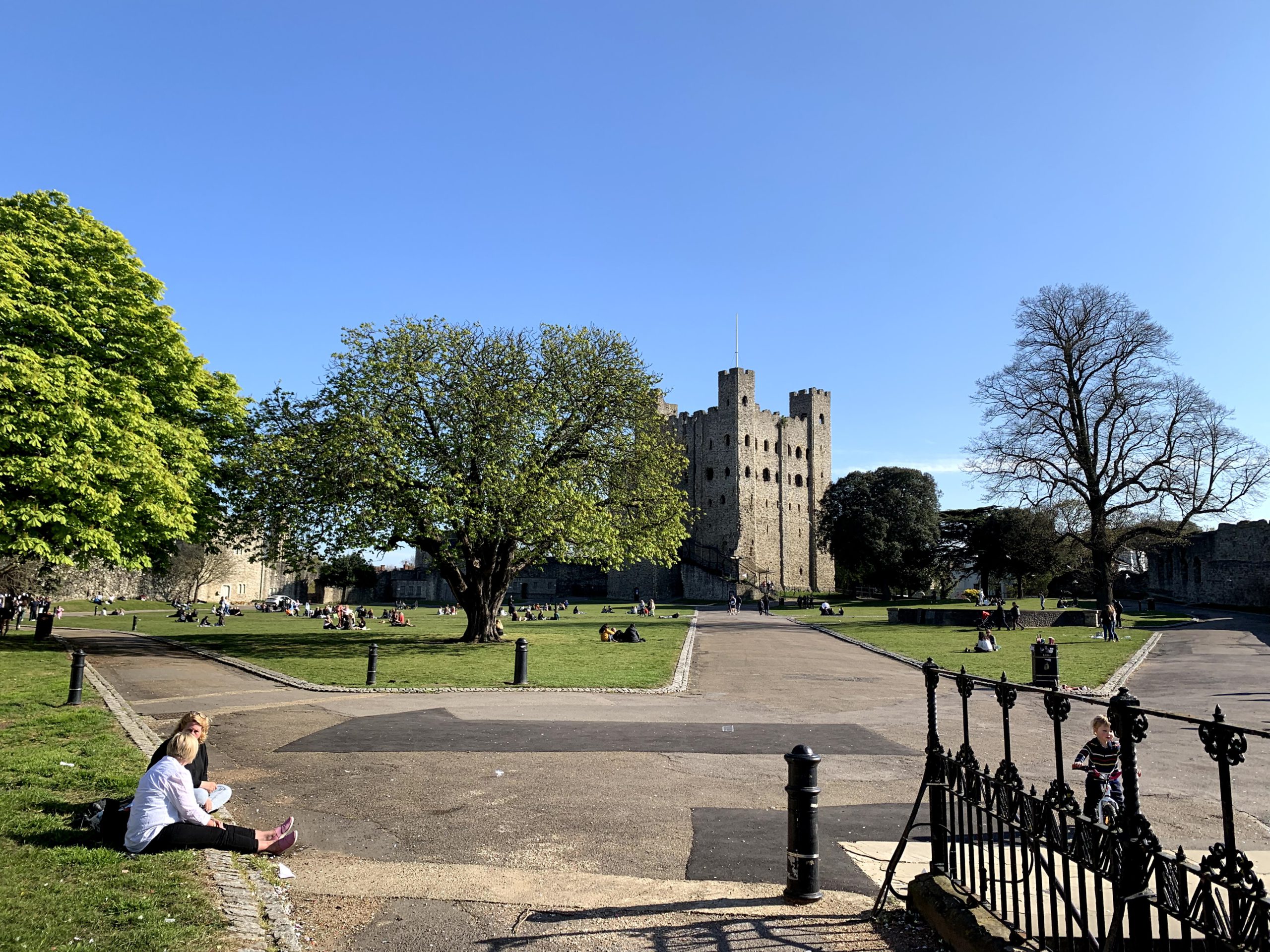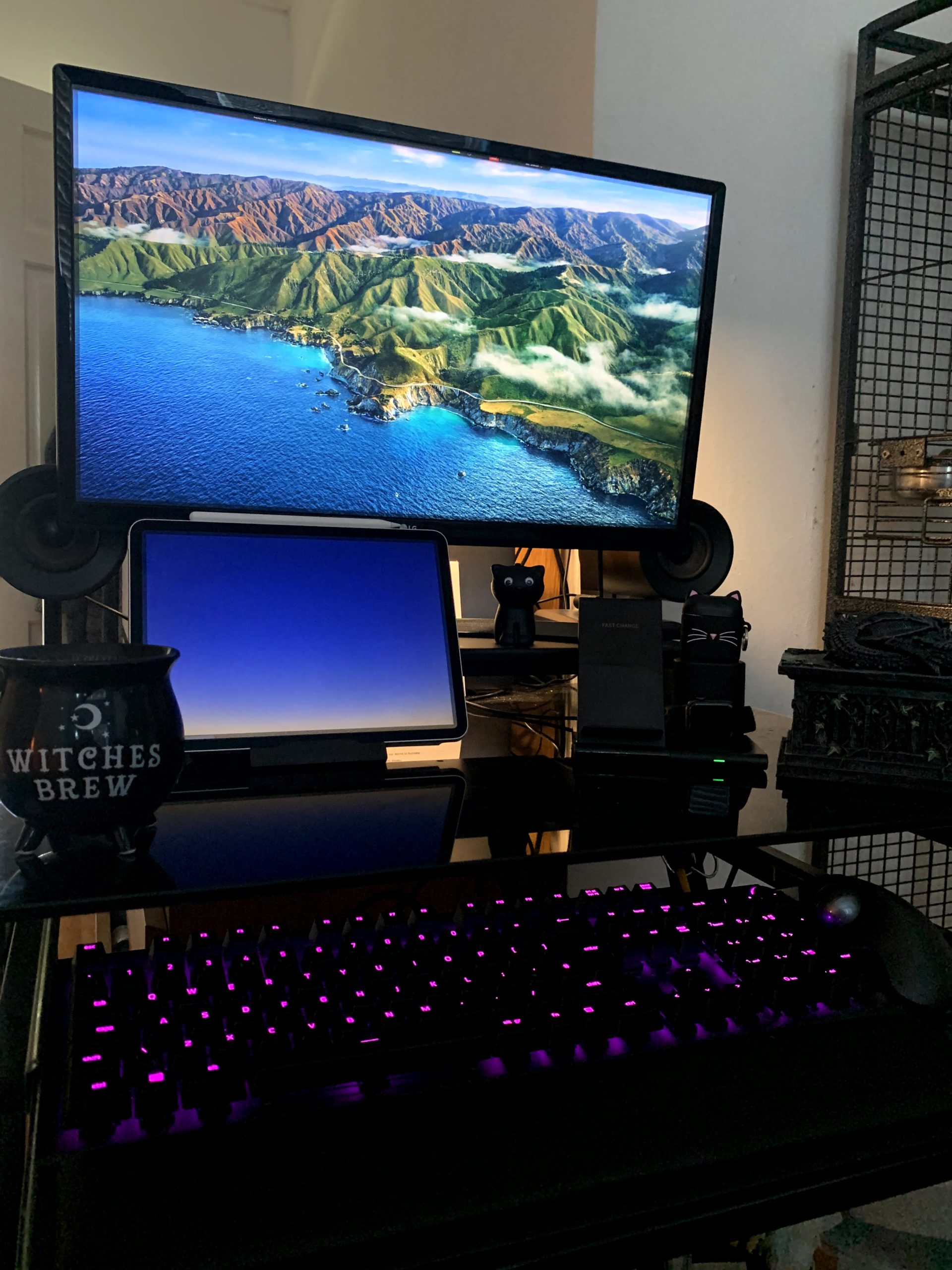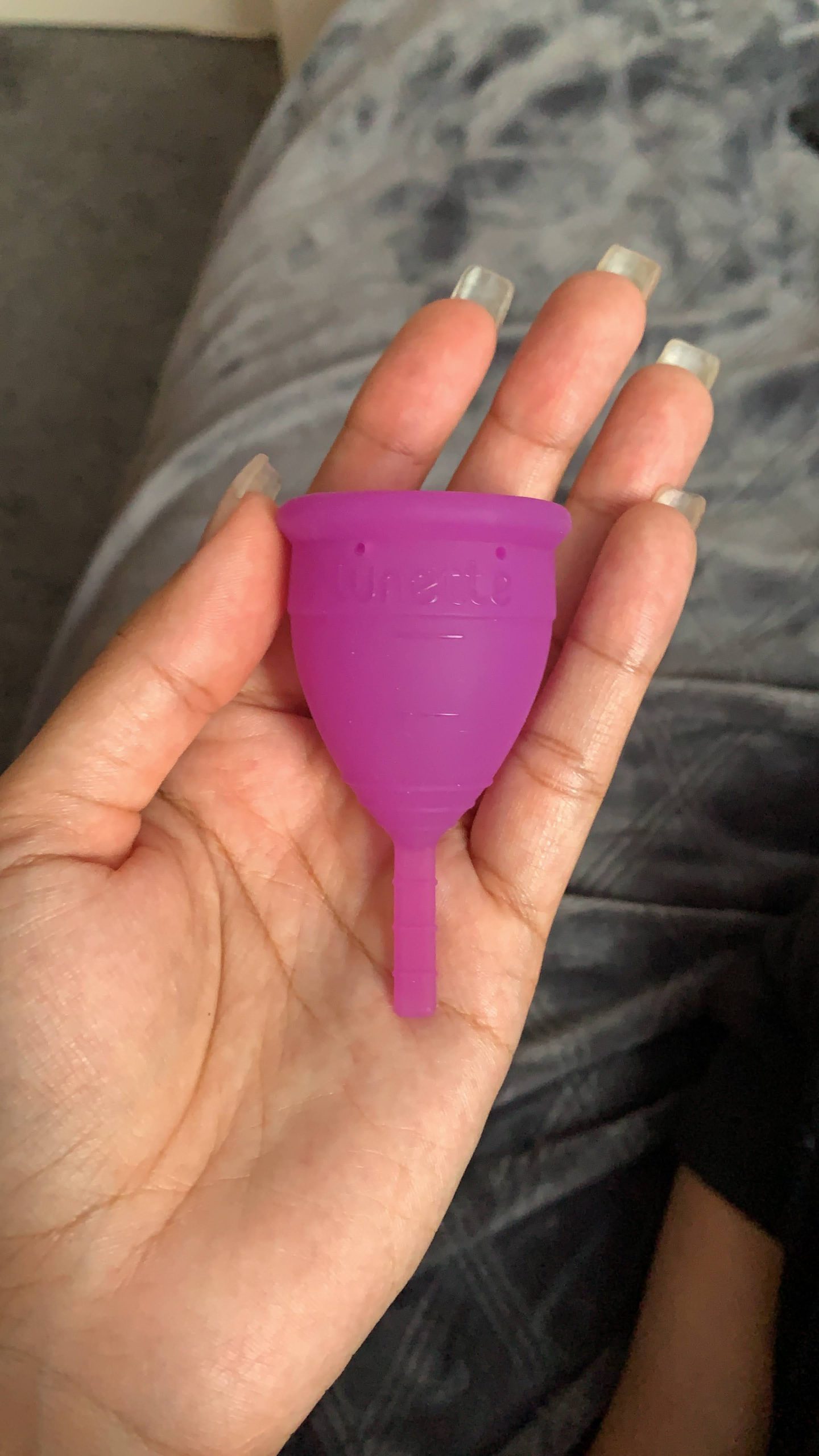Unless you read this blog or you know the real person behind the positive facade that I have built, you most likely wouldn’t guess that I have complex post traumatic stress disorder. I am very high functioning and have developed lots of coping mechanisms, many of which are practiced in autopilot to ensure that I am steady all the time. But I live in an existence of constantly dodging bullets that my mind is firing at me. Triggers exist all around me because I’ve had a lot happen to me in my first 30 years of existence. The reason why this is so complex is simply because it’s not just one situation… My mental condition has been compounded by my childhood migration, my parents’ separation, my neglectful mother and extended family, my sexual abuse that went on for nine years, followed by relationships with all the wrong kinds of people, controlling, insecure and mentally abusive.
In general, I’ve been mostly okay. I don’t get triggered by every day people, only those who are closest to me. I’m mainly a hard shell on the outside, but those who I live with and those who are closest tend to see me with my guard down. Guard up 24/7 is exhausting and unsustainable, but works fantastically when I’m out and about with others. Being able to identify my triggers has been easy, but figuring out their roots is a much larger, more difficult project because my PTSD is compounded by multiple traumas, so it’s hard to connect a trigger to a single event.
Money is a huge silent trigger for me, and it’s because I’ve been poor at different points in my life and I’ve had my money controlled when I was earning a healthy income. I had a trigger flare off a few weeks ago about my private relationship with the money that I spend; it’s my money yes, and it’s my business how I spend it, yes, but that should be understood without having to say it. I should not have to feel like I have to justify every purchase I make (£5 or £500) if it’s money that I earned, and I also shouldn’t have to explain that I can do whatever I want given that I am a very practical spender. I have a mini panic attack every time I purchase something, which I work on, but anyone who has been in a poverty situation knows what I’m talking about. That said, I also don’t flaunt what I buy, online or in person, because it’s no one else’s business. The trigger that was set off was an innocent joke made about new contactless payment limits. Now to the person, it seemed okay to make, but to me, it was meltdown time. This happened in a very public space, so I just calmly finished my shopping and waited until it was a more private space to explain why that was insensitive. I’m certain that people in the shop weren’t even paying attention, but in my mind, it might as well been on a stage, under a spotlight with neon signs pointing out every insecurity I have. Why is this money story relevant? Because the innocent joke you might make with a friend, might not be so innocent for them.
My mother will always be a trigger, I think. I have this rage that bubbles within when I think about her, and that has no sign of dying down. In fact, the more I process about what happened to me, the more angry I become at her for not just allowing this man to violate me, but to knowingly do nothing about it. I wouldn’t stand by and watch someone do that to a stranger, far less my own daughter; but different strokes for different folks I guess. As a result, I have become this incredibly sensitive person who is hyper vigilant and constantly analysing everyone and everything around me all the time. My brain does not stop processing every detail in my existence, which is fantastic for work but awful for daily living sometimes. So, I don’t speak with my mother any more, and I don’t think I ever really will at this point. I made that decision ten years ago, and I invited her back in my life a couple of times since, only to be burnt repeatedly. Lesson learned. Peace and serenity must be upheld for the sake of my own sanity… no matter the cost. Some people will be helpful in your life, some will be harmful. It’s down to you to make the decision of who stays and who goes, but never feel as though you have to stay in a toxic relationship of any kind, just because.
Daily life with C-PTSD
The hardest part about living with C-PTSD is knowing the difference between normal anxious triggers and the C-PTSD ones, and the C-PTSD ones can be ranging from something that you would consider nice, positive or helpful, to something everyone can consider triggering. A very common one for me is my sense of autonomy. If I ever feel as though my sense of self control is being attacked in any way, it will be triggered. So it could mean someone scheduling something in for me without discussing it with me first, which can be helpful for many, but for me, I have to make decisions about how I spend my time. My need for control is limited to myself and my immediate environment only; I strive to ensure that it does not bleed into other areas of my life, else I’d become an overlord quite easily and no one wants that. Now that little scheduling trigger would mean my mind is going to analyse this in a million different ways, and I can guarantee it will deliver something along the lines of that person thinks I’m incapable of making my own decisions… That’s not entirely what happened, but you try convincing my PTSD brain otherwise. You will lose, even if you’re right, and I know that you’re right. It’s the equivalent of telling someone with an eating disorder to just eat something if their brain is telling them not to, or stop eating when they are clearly stress eating. It’s just not clear cut, simple or logical.
If you have complex PTSD, it’s really important to communicate with those closest to you. You will encounter people who will try to fix you. If this is a trigger for you, explain that, but don’t get stuck in the trap of explaining your boundaries to people repeatedly. If they cannot be respected after being told half a dozen times, they don’t care about your boundaries and don’t respect your mental state.
Likewise, if you’re close to someone who has complex PTSD or suffers from any mental disorder with triggers, listen to their communication. Try to understand what they are saying and why. It’s very important that you do this so that you can learn how to navigate their world, but also make life a little easier for them. Remember that people who have any form of mental disorder have to constantly work on themselves and are in a continuous state of self-evaluation to make sure they are stable mentally, with or without medication. Telling people when they are stressed that they are crazy, need “professional” help, or invalidating what they are experiencing can be incredibly unhelpful, and in some cases, fatal. You don’t know what that person’s mind is telling them, and while they are smiling on the outside, their brains could be telling them that they don’t deserve to live. Don’t assume, be genuine and empathetic.
I will continue to write about my journey with C-PTSD here on Désiré Writes, as I believe it’s important that we open conversations about how mental health affects different people on different levels.





